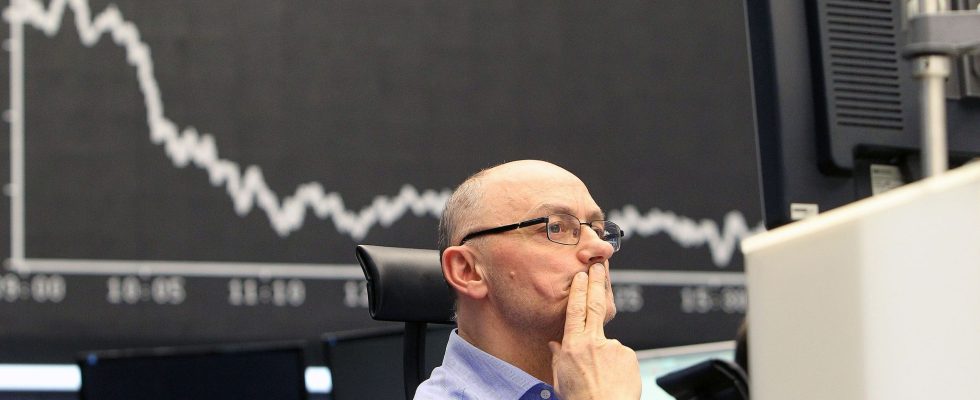Anti-capitalists have always anticipated the great crisis that will cause the final and irreversible collapse of capitalism. Karl Marx believed he had discovered a number of economic “laws” that would inevitably lead to the downfall of capitalism, such as the “tendential fall in the rate of profit” or the impoverishment of the proletariat.
For anti-capitalists, economic crises have always been above all a source of hope, that of seeing capitalism collapse in on itself. Unfortunately for them, their hopes have been dashed time and time again. In many ways, the anti-capitalists are akin to a doomsday cult, relentlessly announcing new dates for the end of the world, after their previous prophecies have proven fruitless and life has returned to normal.
During the financial crisis of 2008, anti-capitalists believed that the long-awaited end of capitalism had finally arrived. When capitalism survived this crisis, they were forced to wait and draw hope from the coronavirus crisis of 2020-21. From the earliest days of the Covid-19 pandemic, leftist intellectuals have often expressed their hope that the epidemic will finally achieve what they dreamed of during the 2008 financial crisis, namely a fundamental reorganization of society and the defeat end of capitalism. William Davies, British sociologist, published an article in The Guardian with the title: “The last global crisis did not change the world. But this one could”.
Crises are part of capitalism, and even if their short-term effects cause great difficulties for companies and their employees, they have very positive effects in the medium and long term, as the Austrian political economist Joseph Schumpeter referred to. when he coined the term “creative destruction”.
The myth of the New Deal
But when politicians get involved, crises often get worse and last longer than necessary. American economist Thomas J. DiLorenzo compared the approach taken by the US government under President Martin Van Buren to dealing with the depression of 1837 with that of President Franklin D. Roosevelt following the Great Depression of 1929. Van Buren pursued a policy of unequivocal laissez-faire and resisted all proposals for direct government action and interventionism, resulting in a very rapid end to the crisis. In contrast, Roosevelt launched his New Deal, which relied on a comprehensive set of government programs and pursued an anti-capitalist and interventionist policy.
Contrary to the myth spread by anti-capitalists that the New Deal ended the Depression, Roosevelt’s policies actually prolonged it. The unemployment rate, which was only 3.2% in 1929, reached 14.6% in 1940. The average unemployment rate between 1933 and 1940 even climbed to 17.7%. The per capita GDP of the United States, which was $857 in 1929, was still barely above that level eleven years later, in 1940, at $916. Personal consumption expenditure, which was $78.9 billion in 1929, fell to $71.9 billion in 1940.
What about the 2008 global financial crisis? Politicians and the media blamed the “deregulation” of financial markets. But even the British economists Paul Collier and John Kay, who incorrectly claimed that “market fundamentalism” had come to dominate economic policy in Western societies in recent decades, were forced to concede that “those who blame financial crisis to deregulation do not recognize that there is today, and there was in 2008, much more financial regulation than ever before: the state has been more and more active, but less and less less efficient”.
Nowhere else are the principles of the market economy so little present as in the world of finance. And no industry is so heavily regulated and supervised by the state, except perhaps health care. The fact that the two areas of the economy most strictly regulated by the state are the most unstable should give pause to critics of capitalism. Of course, regulations are needed in both of these sectors. But the slogan “more regulation helps more” is obviously wrong.
The vast majority of crises are simply characteristic of the regular ebb and flow of normal economic ripples, that is, cyclical ups and downs in economic growth, which fade after a few months or even a year. It is indisputable that many of the crises that have occurred over the past 120 or so years have been triggered, or at least significantly worsened and prolonged, by populist interventionism by political leaders.
*Rainer Zitelmann is a historian and sociologist. His book In Defense of Capitalism has just been published in English.
